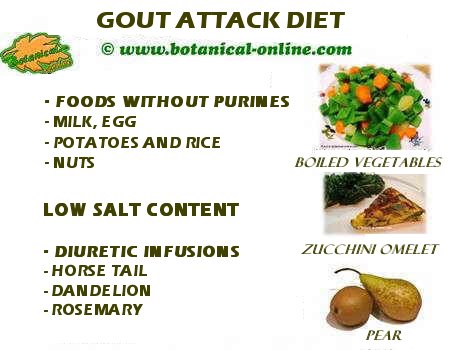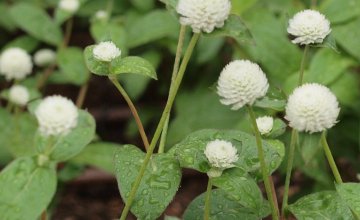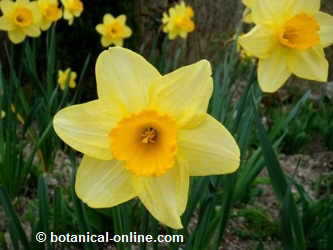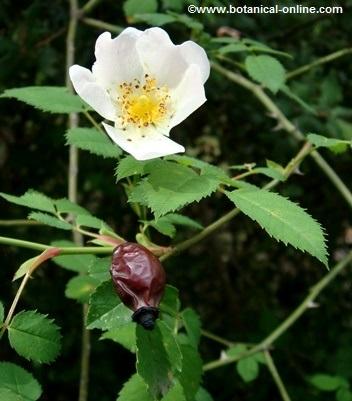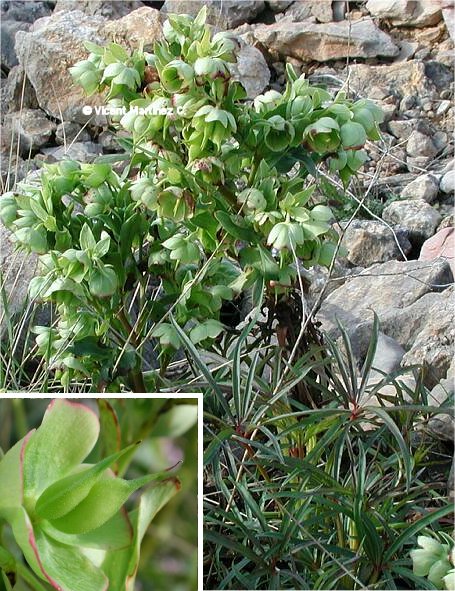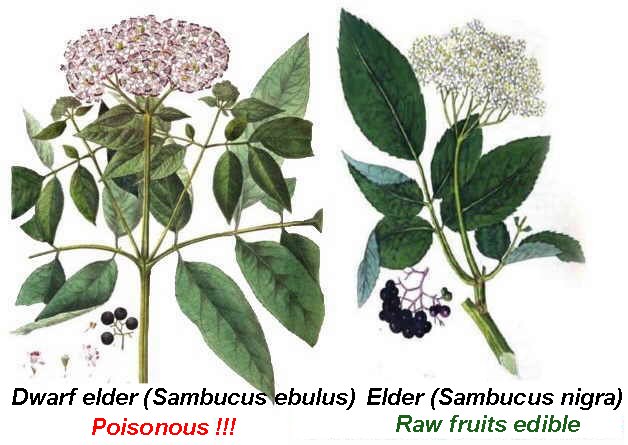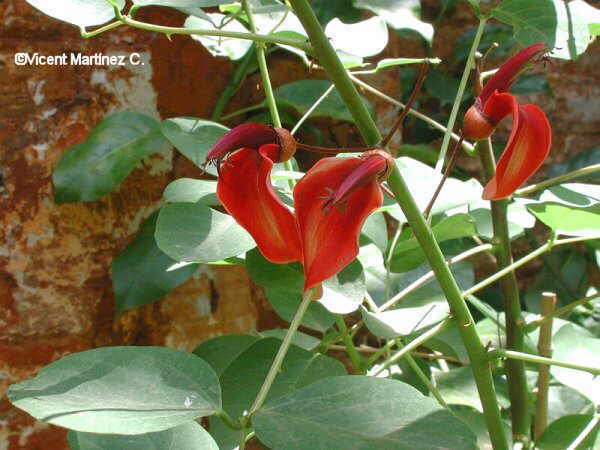Contents
Herbal treatment of blood clots
Phytotherapy: Medicinal plants preparations for blood clots
Important Note: The use of these remedies along with other anticoagulant drugs may have side effects or incompatibilities. Consult your doctor before taking these remedies if you are taking these medications.
Phytotherapy in the treatment of blood clots focuses on the use of plants for the following purposes:
- Plants with circulatory properties that improve blood circulation. They are mostly fluidizing components that reduce blood clotting ability.
- Diuretic plants that increase the expulsion of body fluids, and consequently promote greater elimination of toxins and therefore a purer and fluid blood flow.
- Plants with vasotonic properties that protect blood vessels and give them greater flexibility
Natural remedies for blood clots
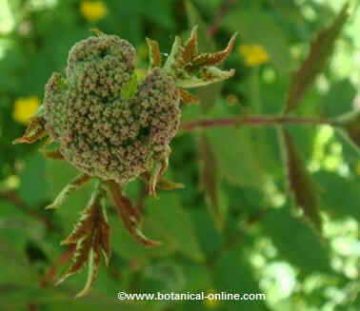
Among the main plants, we can include the following:
- Ginkgo (Ginkgo biloba) Ginkgo is one of the best remedies to improve blood circulation. The reason lies in the ability of extracts of this plant to dilate blood vessels and cause blood to flow more smoothly. Ginkgo also has the ability to decrease fibrin as it reduces t this clotting factor, making the blood flow more easily.
- Ginger (Zingiber officinale) thins the blood, prevents thrombus formation and lowers blood pressure (Eat ginger at meals) (Take 3 capsules of 250 mg per day, divided between meals)
- Meadowsweet (Filipendula ulmaria) Salicylic acid in meadowsweet can make your blood flow more easily. (Infusion of 2 teaspoons of flowers and leaves, three times a day. Do not reach boiling).
- Guarana: (Paullina cupana) It has also been observed that guarana supplementation prevents the formation of inflammatory substances and blood clotting
- Kumquat: (Fortunella spp) Scientific studies have shown that the skin of kumquat has antioxidant components that promote circulation. Antioxidants help maintain the strength and elasticity of blood vessels and prevent blood clots.(Eat the fruits including the skin)
- Pepper (Piper nigrum) Due to its fluidizing properties for the blood, black pepper is used to prevent blood clotting (Add pepper to your food. Maximum 5 gr daily) (25 drops 3 times a day of mother tincture)
- Cayenne pepper is also capable of decreasing the fibrin which is useful in the prevention and treatment of blood clots. (Include cayenne pepper with meals)
- Dandelion (Taraxacum officinale) Dandelion is one of the best remedies to increase urine output. By removing fluids, we improves blood circulation (infusion of dried leaves. Take 3 cups a day. The same infusion can also be done with the mixture of leaves with roots.)
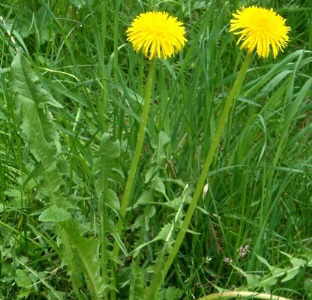
Dandelion leaves and flowers
- Cat’s claw (Uncaria tomentosa): It contains rhynchophylline, a blood thinner, that decreases the clotting ability of blood. This property can be very useful in cases where there is poor blood circulation problems.
- Willow (Salix alba) Willow has anticoagulant properties which prevents the formation of thrombi or clots within the arteries or veins and the accumulation of platelets. The use of this plant thins blood and helps prevent the occurrence of cardiovascular diseases such as stroke, arteriosclerosis, heart attacks or poor circulation in general. It is a natural alternative to aspirin. (Infusion of a teaspoon of bark per cup of water. Drink a glass every two days) (Contraindications in the general study of the plant)
- Garlic (Allium sativum): The presence of sulfurous compounds, together with alliin, and ajoene, makes it very important to give this plant antithrombotic properties (not clots in the blood) which is well suited to thin blood circulation (Half a gram of dye per day) (Raw in salad) (Maceration of 100 grams of garlic 400 grams of alcohol in wine. Half a teaspoon before bedtime)
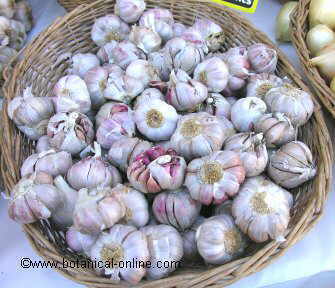
Garlic in the market
- Blackcurrant (Ribes nigrum) the venoprotective and cardiotonic properties of flavonoids in this plant have been tested intensively. We also know that these components enhance the resilience of the capillaries and promote their elasticity. Therefore, they are very useful for improving blood circulation and prevent strokes. Many diseases or abnormalities that are caused by a problem of blood supply may improve if the organism is supplied with abundant flavonoids (See study of the indications and dosing plant)
- Horsetail (Equisetum arvense) Another very good diuretic. (Decoction for 30 minutes of 100 gr. Of the dried plant per liter of water. Take a couple of cups a day) (2 tablespoons fresh juice diluted in water per day) (3 gr. Of fluid extract daily. Sold in pharmacies and herbalists) (Contraindications in the general study of the plant)
SUPPLEMENTS: Vitamins and minerals for clots
The use of vitamins, minerals and other supplements can help facilitate the dissolution of blood clots or prevent their formation. It is recommended using the following supplements:
- Vitamin B, especially niacin (Vitamin B3) for its role in improving the blood vessels.
- Vitamin C and Vitamin E: Because of its antioxidant properties
- Linseed oil: It is rich in unsaturated fatty acids
- Soy lecithin: It lowers cholesterol and helps to destroy the plaques in the arteries.
![]() More information on the natural treatment of blood clots
More information on the natural treatment of blood clots

